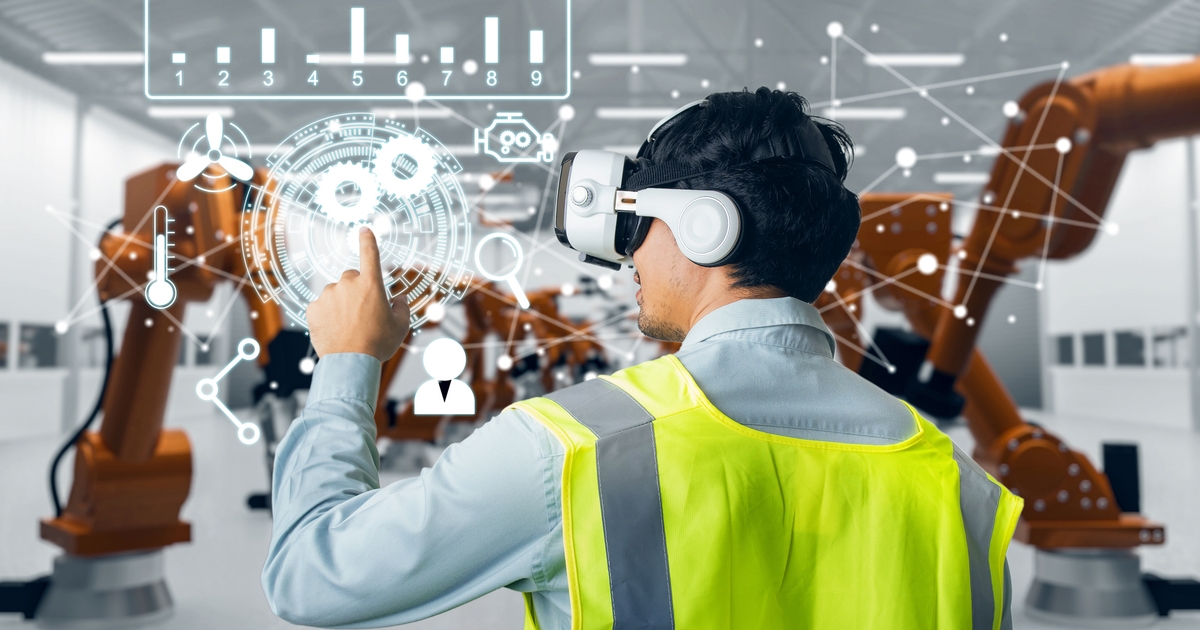Manufacturing Revolution: 5 Game-Changing Tech Strategies You Can't Ignore

Smart Manufacturing: Unlocking Technological Potential for Industrial Excellence
In today's rapidly evolving industrial landscape, smart manufacturing technologies are revolutionizing how companies approach production, efficiency, and innovation. These cutting-edge technologies offer manufacturers unprecedented opportunities to transform their operations, but success hinges on strategic implementation and a deep understanding of their transformative potential.
Modern manufacturers are discovering that smart technologies are more than just trendy buzzwords—they're powerful tools that can dramatically enhance productivity, reduce costs, and create competitive advantages. From advanced robotics and artificial intelligence to Internet of Things (IoT) sensors and predictive analytics, these technologies provide real-time insights and unprecedented levels of operational intelligence.
The key to maximizing the benefits of smart manufacturing lies not just in adopting new technologies, but in developing a comprehensive strategy that aligns technological capabilities with specific business objectives. Companies must invest in workforce training, create flexible technological infrastructures, and foster a culture of continuous innovation and learning.
By embracing smart manufacturing technologies thoughtfully and strategically, manufacturers can unlock new levels of efficiency, quality, and adaptability in an increasingly complex global marketplace. The future of manufacturing is not just about having advanced technologies, but about using them intelligently to drive meaningful business transformation.

